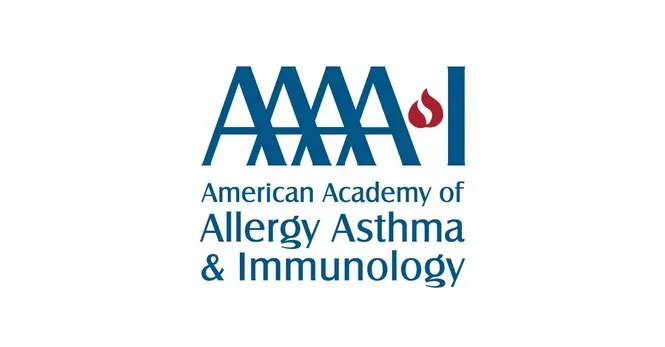
Major Breakthrough: New Legislation Aims to Clear Up Misconceptions About Penicillin Allergies!
2024-09-25
Introduction
A groundbreaking new bill, known as the PAVE Act, is set to change the landscape of antibiotic treatment for millions of patients. This legislation introduces the crucial process of verifying penicillin allergies as a part of Medicare’s Initial Preventive Physical Exam and Annual Wellness Visit. Why does this matter? Because penicillin is often the first line of defense against many bacterial infections. Patients listed as having unverified penicillin allergies may be missing out on more effective treatment options.
The Shocking Statistics
Statistics reveal a shocking truth: Approximately 95% of individuals who believe they have a penicillin allergy, based on their medical records, can safely take penicillin. This misconception can lead to suboptimal care, especially for Medicare patients who are already at a higher risk for severe infections and negative reactions from alternative antibiotics. By delabeling these allergies, the healthcare system could save significant amounts of money while also addressing the critical issue of antimicrobial resistance.
Support from Medical Leaders
Dr. Paul V. Williams, the President of the American Academy of Allergy, Asthma & Immunology (AAAAI), has expressed unwavering support for this pioneering legislation. He stated, 'The AAAAI wholeheartedly applauds Representatives Bucshon, Bera, Griffith, Peters, Murphy, Schrier, Kelly, DelBene, Miller-Meeks, and Underwood for their leadership in introducing the PAVE Act. We're excited to educate the public about penicillin allergy testing and work towards the passage of this vital bill, especially as we approach National Penicillin Allergy Day on September 28.'
National Penicillin Allergy Day
This day marks a significant milestone in medical history as it celebrates Alexander Fleming's discovery of penicillin, a breakthrough that transformed how we treat infections. The PAVE Act is garnering support from numerous healthcare organizations, including prominent bodies like the American College of Physicians and the Asthma and Allergy Foundation of America among many others.
Conclusion
As we move forward, maximizing awareness about penicillin allergies could dramatically improve patient outcomes, reduce unnecessary healthcare costs, and enhance the overall effectiveness of our antibiotic arsenal. If you're keen on learning more about this important issue and what you can do to participate, resources and educational materials can be found through the AAAAI Penicillin Allergy Center.
The Fight Against Misinformation
The fight against misinformation surrounding penicillin allergies is just beginning, and the implications are far-reaching—both for individual health and the healthcare system as a whole. Will this bill be the turning point needed to revolutionize treatment options for countless patients? Stay tuned for updates!



 Brasil (PT)
Brasil (PT)
 Canada (EN)
Canada (EN)
 Chile (ES)
Chile (ES)
 España (ES)
España (ES)
 France (FR)
France (FR)
 Hong Kong (EN)
Hong Kong (EN)
 Italia (IT)
Italia (IT)
 日本 (JA)
日本 (JA)
 Magyarország (HU)
Magyarország (HU)
 Norge (NO)
Norge (NO)
 Polska (PL)
Polska (PL)
 Schweiz (DE)
Schweiz (DE)
 Singapore (EN)
Singapore (EN)
 Sverige (SV)
Sverige (SV)
 Suomi (FI)
Suomi (FI)
 Türkiye (TR)
Türkiye (TR)